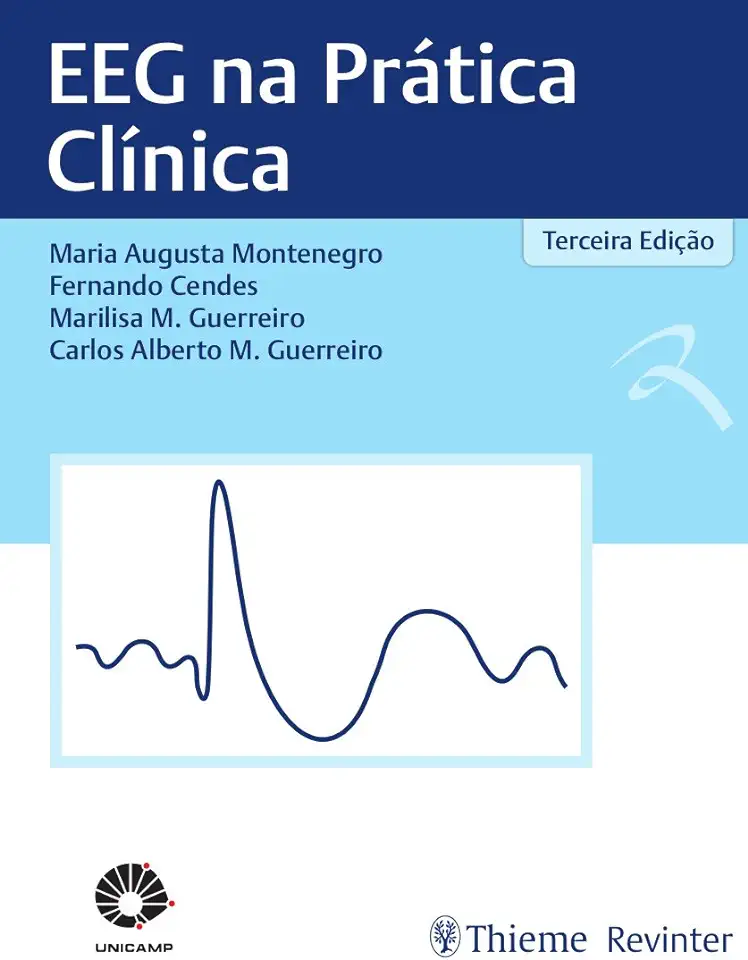
Epilepsy - Carlos A. M. Guerreiro
Epilepsy: A Comprehensive Guide to Understanding and Managing the Condition
Introduction
Epilepsy is a neurological disorder that affects millions of people worldwide. It is characterized by recurrent seizures, which are episodes of abnormal electrical activity in the brain. These seizures can vary in severity, from mild to life-threatening.
Epilepsy can have a significant impact on a person's life, affecting their physical, mental, and social well-being. However, with proper treatment, most people with epilepsy can live full and productive lives.
Causes of Epilepsy
The exact cause of epilepsy is often unknown. However, some factors that can increase the risk of developing epilepsy include:
- Head injury: A head injury can damage the brain and lead to epilepsy.
- Stroke: A stroke can also damage the brain and lead to epilepsy.
- Brain tumors: Brain tumors can put pressure on the brain and cause seizures.
- Genetic factors: Some forms of epilepsy are inherited.
- Infections: Certain infections, such as meningitis and encephalitis, can cause epilepsy.
- Developmental disorders: Some developmental disorders, such as autism and Down syndrome, are associated with an increased risk of epilepsy.
Symptoms of Epilepsy
The symptoms of epilepsy can vary depending on the type of seizure. Some of the most common symptoms include:
- Loss of consciousness: This is the most common symptom of epilepsy.
- Convulsions: These are uncontrolled muscle movements that can range from mild to severe.
- Staring spells: These are episodes of blank staring that can last for a few seconds or minutes.
- Jerking movements: These are sudden, involuntary movements of the arms, legs, or head.
- Sensory disturbances: These can include changes in vision, hearing, or smell.
- Psychological symptoms: These can include anxiety, depression, and memory problems.
Diagnosis of Epilepsy
Epilepsy is diagnosed based on a person's symptoms and a variety of tests, including:
- Electroencephalogram (EEG): This test measures the electrical activity in the brain.
- Magnetic resonance imaging (MRI): This test creates detailed images of the brain.
- Computed tomography (CT) scan: This test creates cross-sectional images of the brain.
- Blood tests: These tests can help rule out other conditions that can cause seizures.
Treatment of Epilepsy
There are a variety of treatments for epilepsy, including:
- Medication: Anti-seizure medications can help to control seizures.
- Surgery: Surgery may be an option for people who do not respond to medication.
- Vagus nerve stimulation (VNS): This therapy involves implanting a device that stimulates the vagus nerve, which helps to control seizures.
- Ketogenic diet: This diet is high in fat and low in carbohydrates, and it can help to control seizures in some people.
Living with Epilepsy
Epilepsy can have a significant impact on a person's life, but there are a number of things that people with epilepsy can do to manage their condition and live full and productive lives. These include:
- Taking medication as prescribed: It is important to take medication as prescribed to help control seizures.
- Avoiding triggers: Some people with epilepsy have triggers that can cause seizures, such as stress, lack of sleep, or certain foods. Avoiding these triggers can help to reduce the risk of seizures.
- Wearing a medical ID bracelet: A medical ID bracelet can help to alert others to the fact that you have epilepsy in case of an emergency.
- Talking to your doctor: It is important to talk to your doctor about your epilepsy and how it is affecting your life. Your doctor can provide support and guidance, and help you to develop a management plan that works for you.
Conclusion
Epilepsy is a serious condition, but it can be managed with proper treatment. With the right care, most people with epilepsy can live full and productive lives.
If you think you may have epilepsy, it is important to see a doctor right away. Early diagnosis and treatment can help to prevent serious complications.